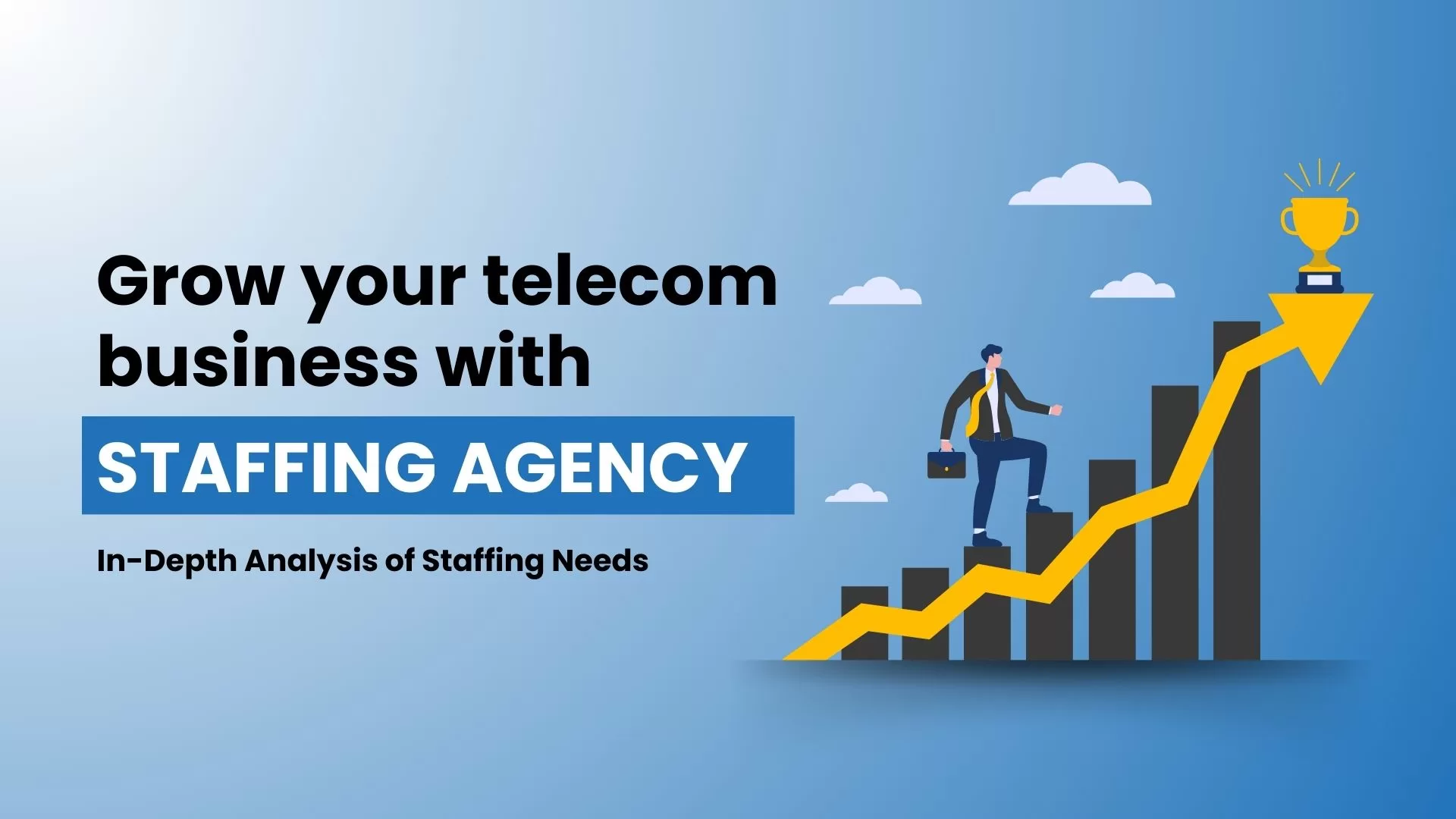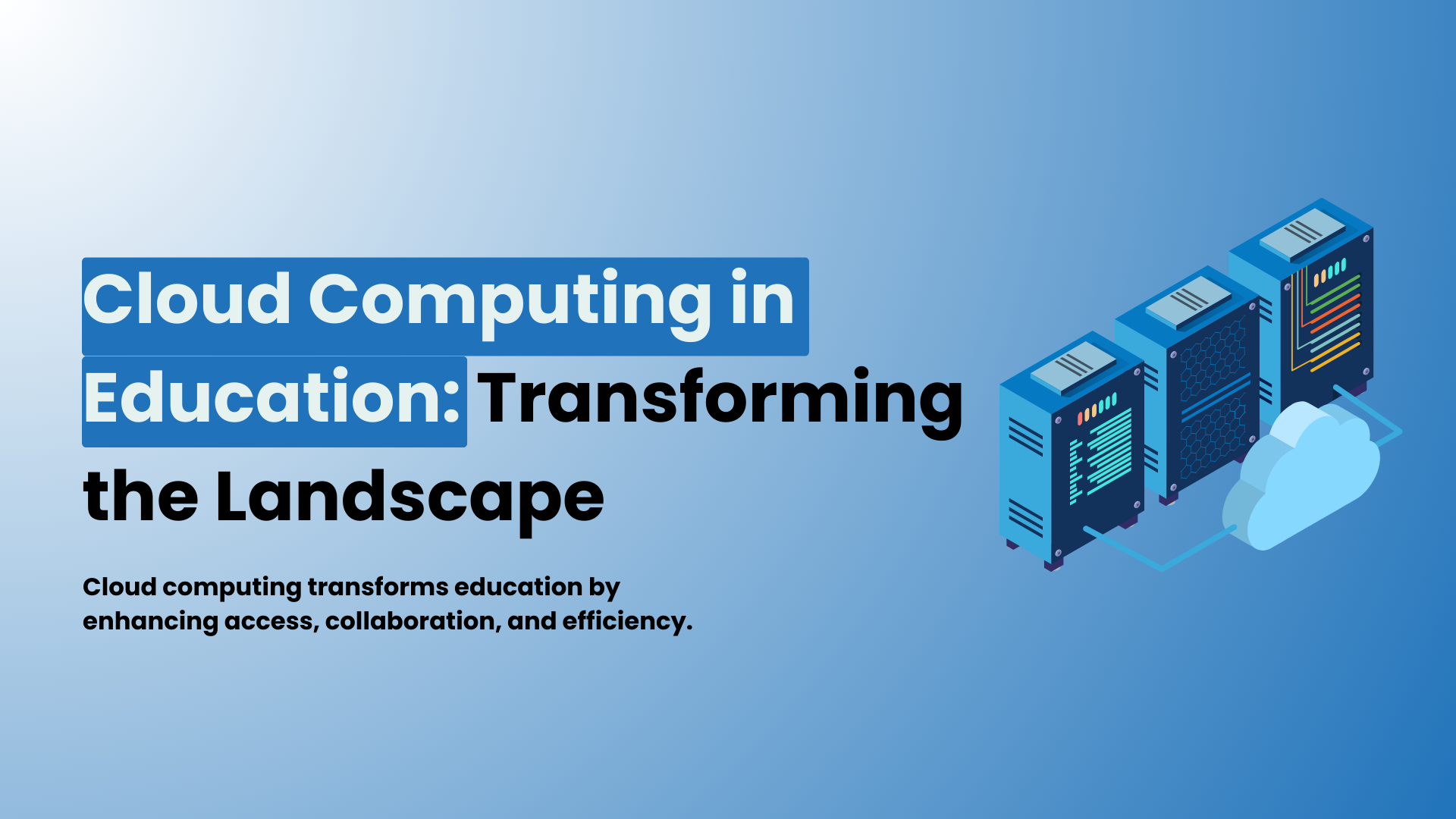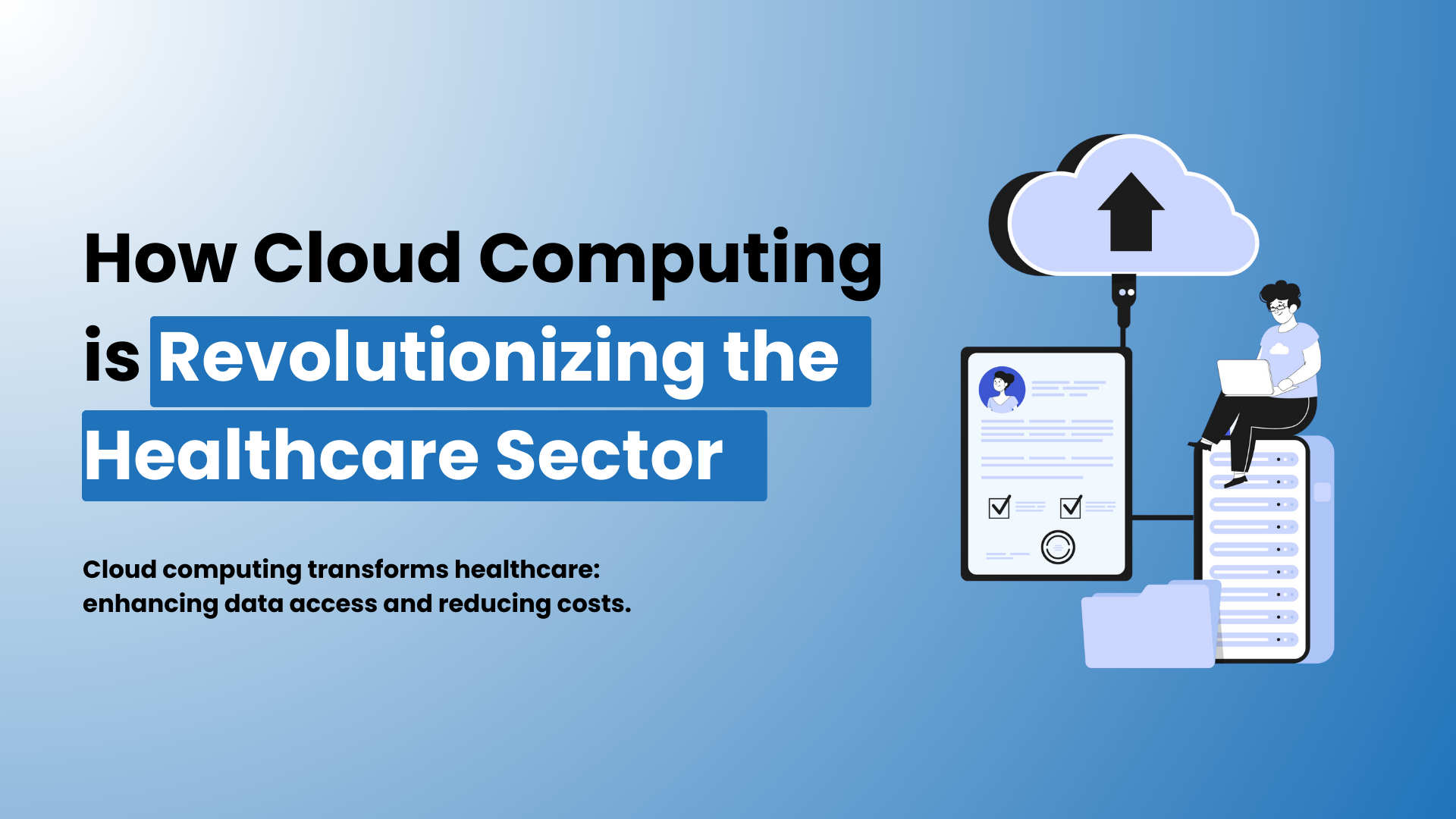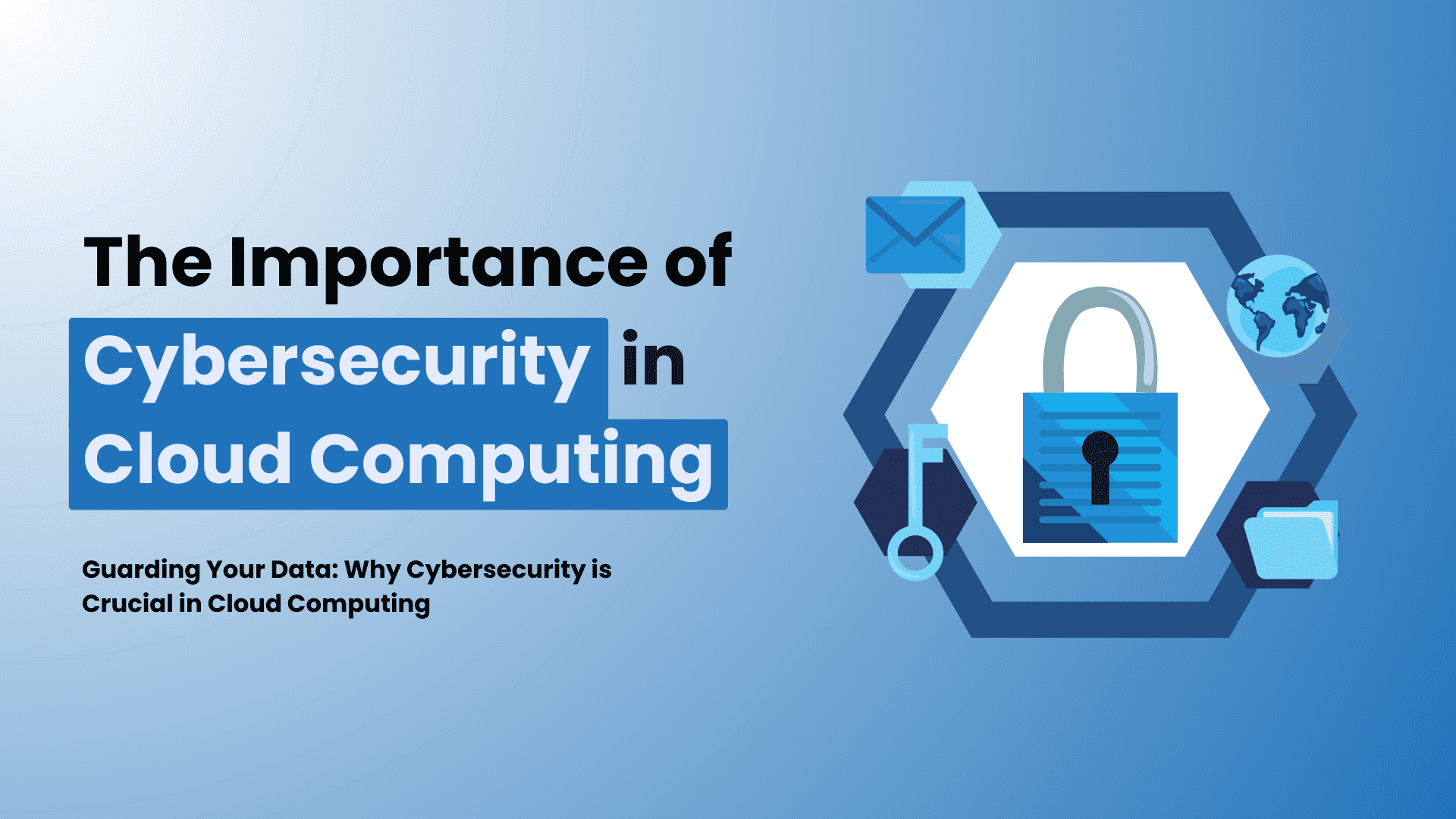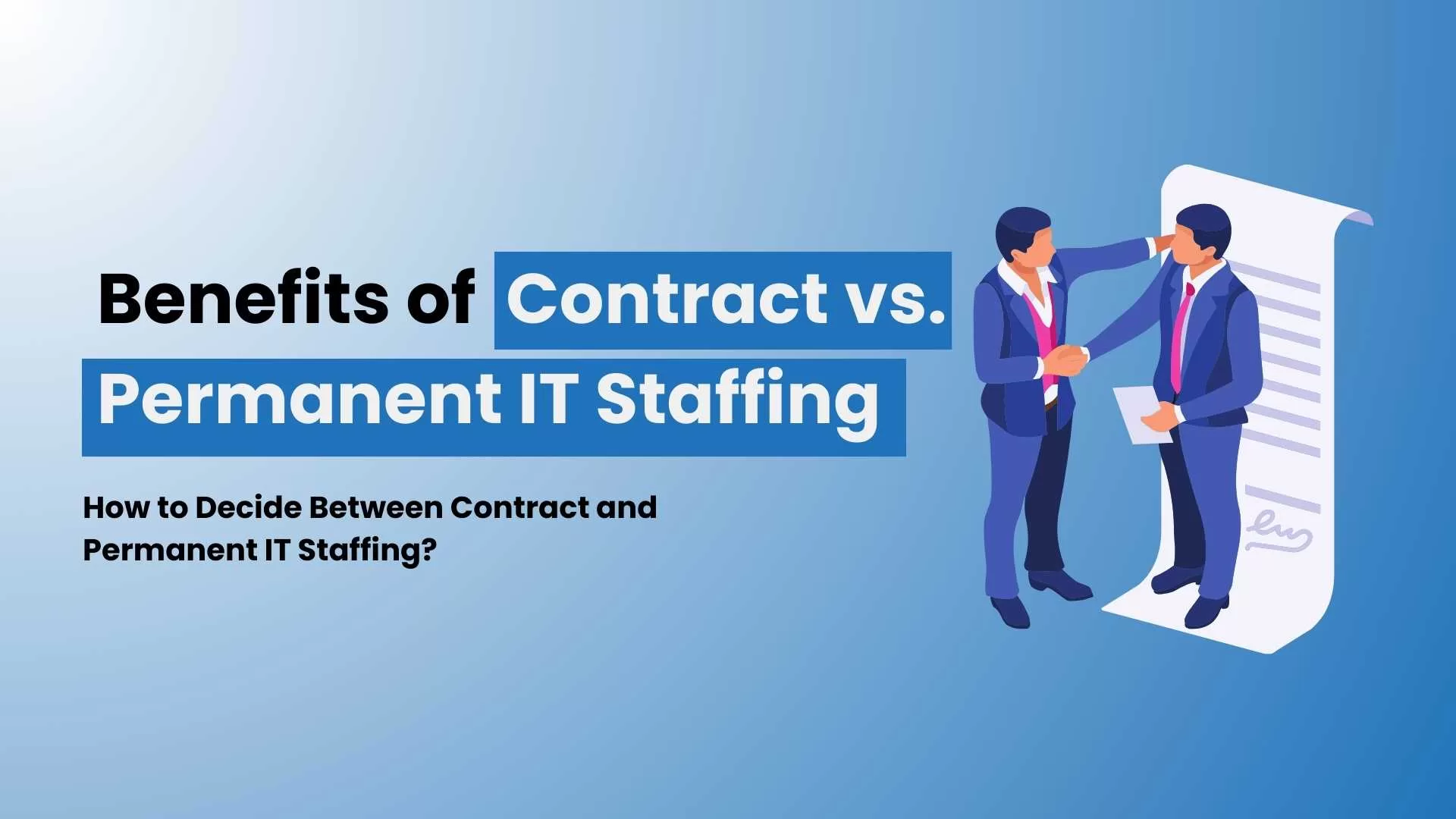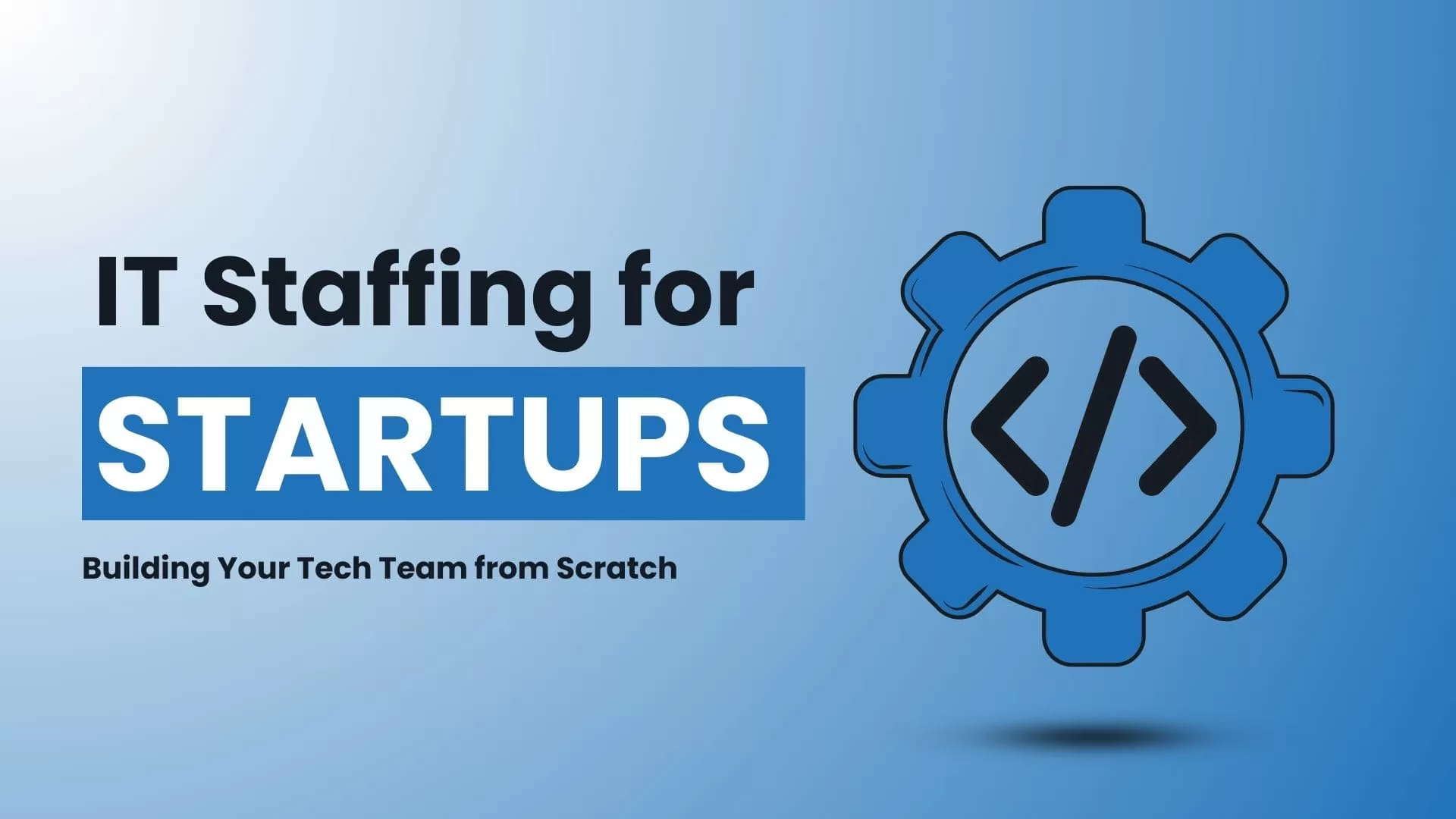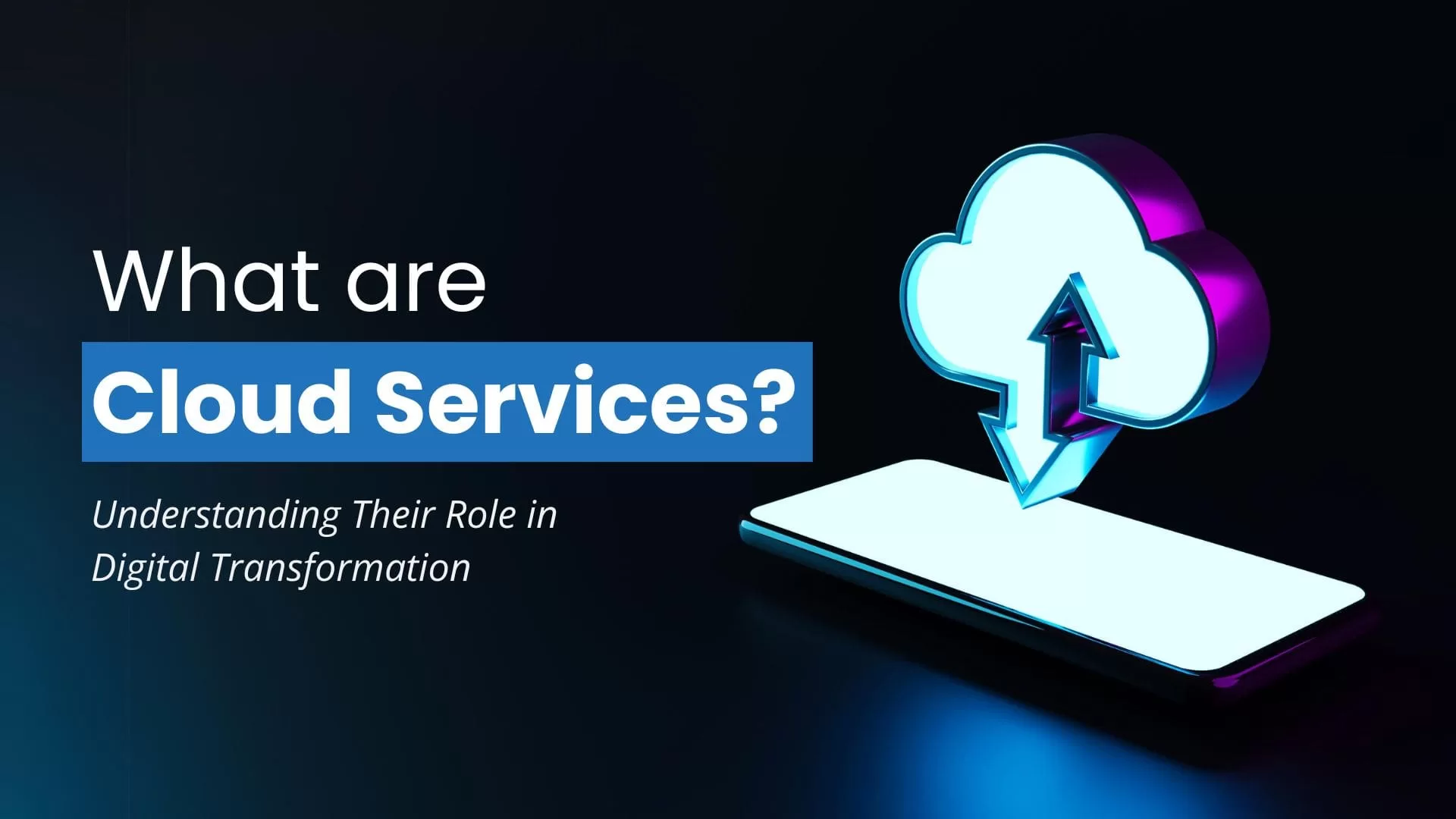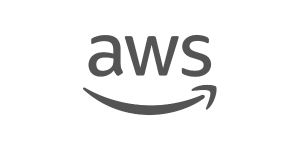In the dynamic and ever-evolving realm of cloud transformation, three giants stand tall: Amazon Web Services (AWS), Microsoft Azure, and Google Cloud Platform (GCP). These platforms have redefined the way businesses operate, offering a plethora of services that cater to various needs, from storage solutions to machine learning capabilities. In this blog, we delve into the distinct characteristics of these cloud services, exploring their strengths, weaknesses, and best use cases.
Amazon Web Services (AWS)
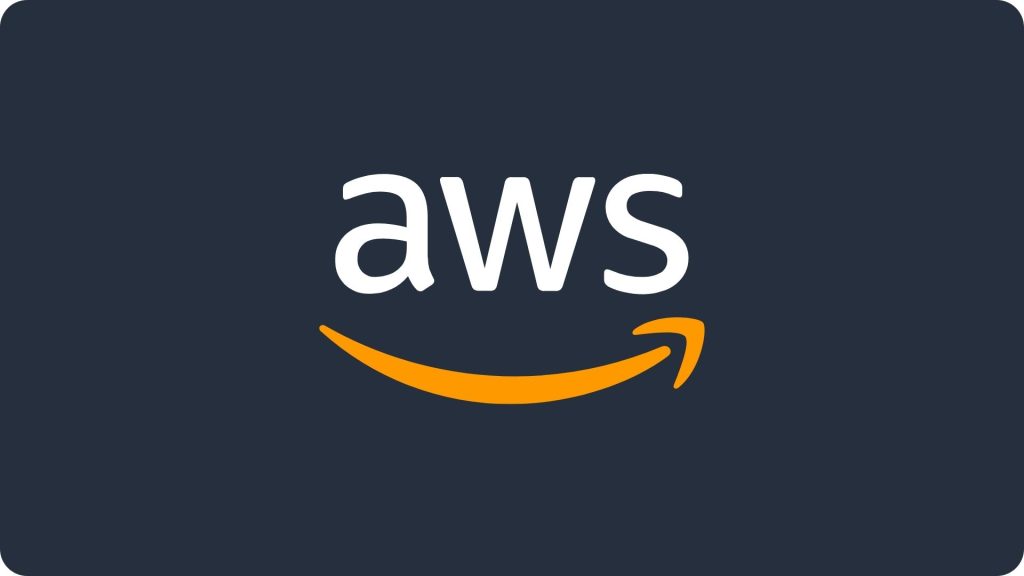
Dominance & Diversity:
AWS is often recognized as the frontrunner in the cloud services market. Launched in 2006, it offers an extensive range of services, including computing power, storage options, and networking capabilities. AWS's strength lies in its vast service catalog, robustness, and reliability.
Key Features:
EC2 Instances
AWS's Elastic Compute Cloud (EC2) provides scalable computing capacity, allowing users to run applications on the cloud with ease.
S3 Storage
Offers comprehensive identity and access management solutions.
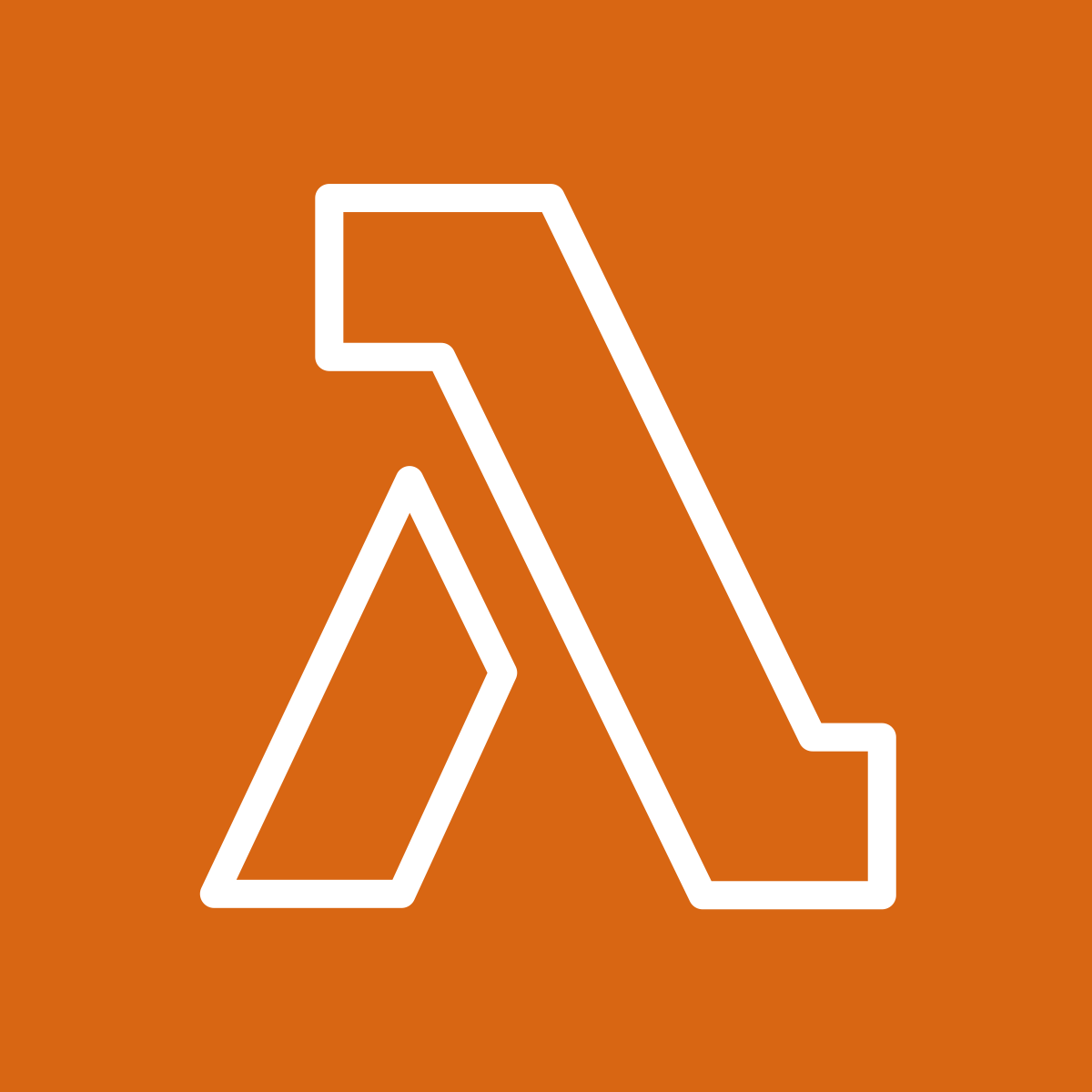
AWS Lambda
This service lets developers run code without provisioning or managing servers, thus enhancing agility and innovation.
Strengths
Unmatched breadth of Services
From compute to AI, storage to databases, AWS has it all.
Mature platform
Years of experience translate to stability and reliability.
Global reach
A vast network of data centers ensures low latency and high availability.
Weaknesses
Complexity
The sheer volume of options can be overwhelming for newcomers.
Pricing
Pay-as-you-go can be expensive for unpredictable workloads.
Vendor lock-in
Migrating away from AWS can be challenging.
Best Use Cases:
AWS is ideal for a wide range of applications, from web hosting and big data analytics to enterprise applications and IoT projects. Its versatility makes it a top choice for startups and large enterprises alike.
Microsoft Azure
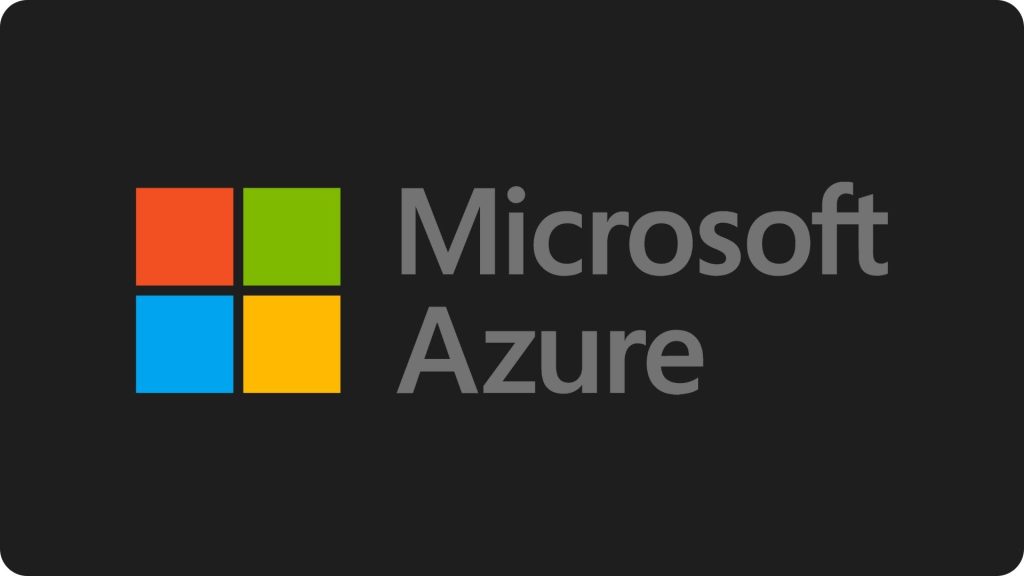
Integration and Hybrid Capabilities:
Launched in 2010, Microsoft Azure quickly gained traction, especially among enterprises that were already reliant on Microsoft's software. Azure stands out for its seamless integration with Microsoft's software and services, like Windows Server, Active Directory, and SQL Server.
Key Features:
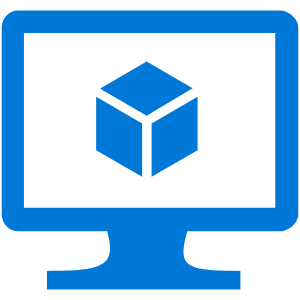
Azure Virtual Machines
Provides flexibility and the ability to use custom images or choose from a gallery.
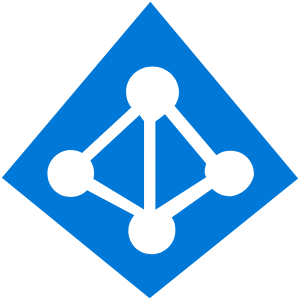
Azure Active Directory
Offers comprehensive identity and access management solutions.
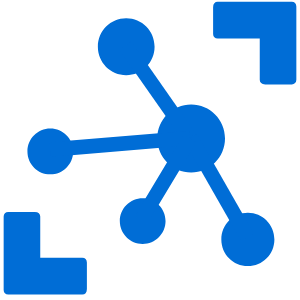
Azure IoT Suite
Delivers a wide range of IoT services, making it a strong player in this domain.
Strengths
Hybrid and multi-cloud focus
Azure excels at bridging on-premises and cloud environments
Strong integration with Microsoft tools
Streamlines workflows for existing Microsoft users.
Competitive pricing
Offers cost-effective options for specific workloads.
Weaknesses
Limited global reach
Azure's data center footprint lags behind AWS.
Less mature AI/ML offerings
Azure's AI services are still catching up to AWS.
Vendor lock-in
Similar to AWS, migrating away from Azure can be complex.
Best Use Cases:
Azure is particularly beneficial for businesses that are heavily invested in Microsoft's ecosystem. It's ideal for enterprise-grade applications, hybrid cloud environments, and businesses exploring IoT solutions.
Google Cloud Platform (GCP)
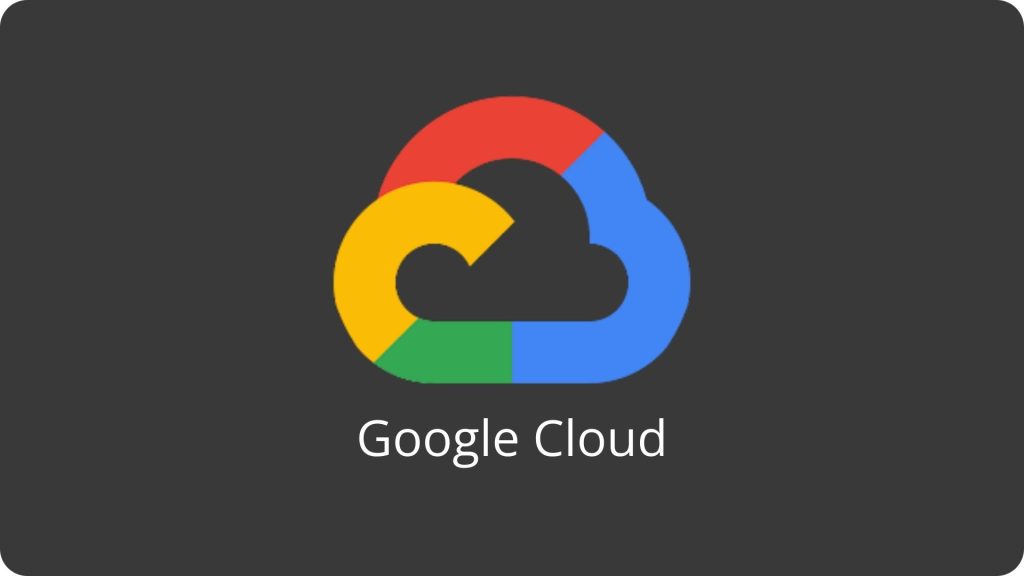
Big Data & Machine Learning:
Google Cloud entered the scene in 2011. It leverages Google's massive infrastructure and excels in big data, analytics, and machine learning services. GCP is known for its high-performance computing and data analytics capabilities.
Key Features:
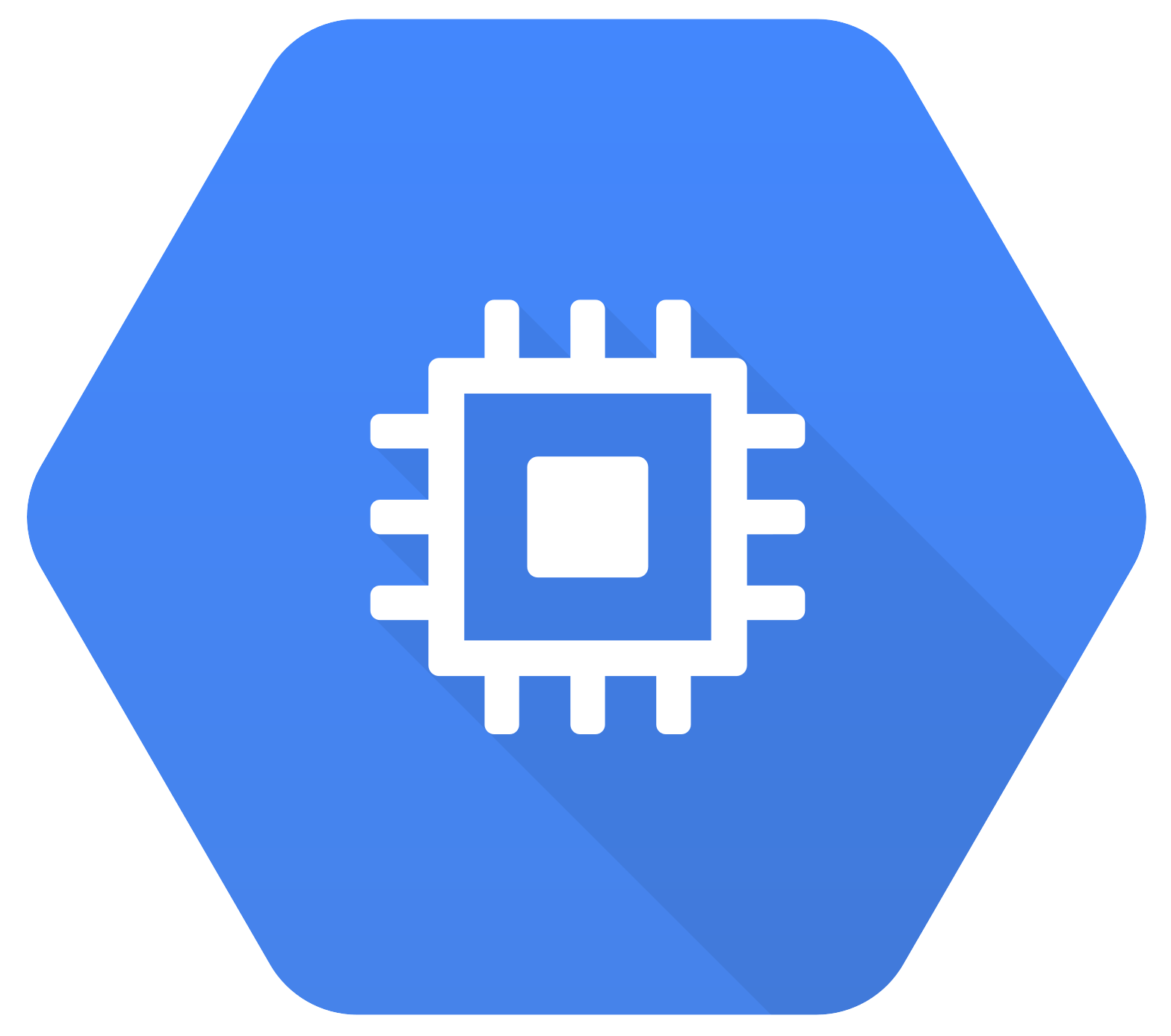
Google Compute Engine
Offers highly customizable virtual machines and a global fiber network.
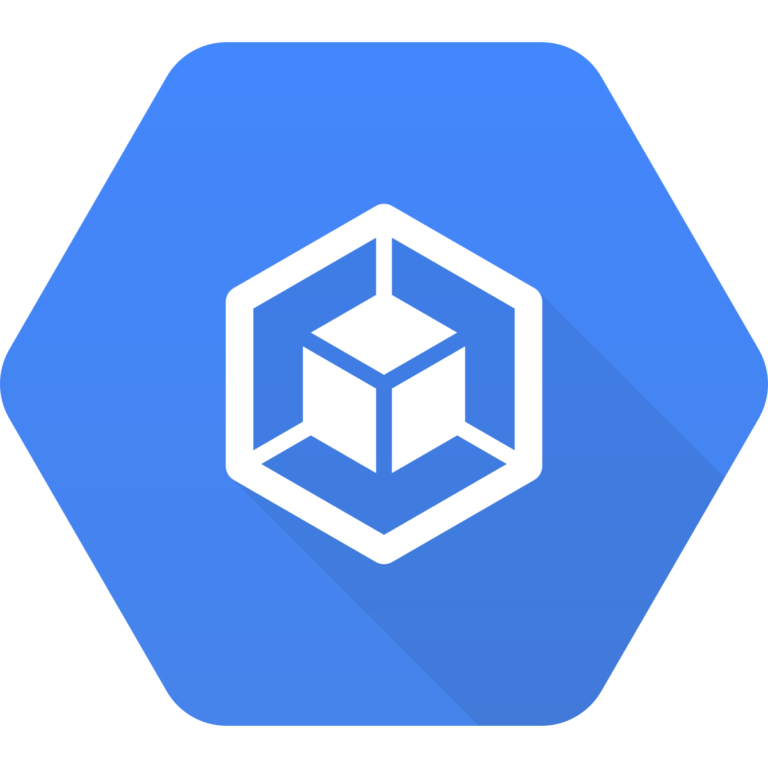
Google Kubernetes Engine
A leader in Kubernetes container orchestration.
BigQuery
A fast, scalable, and fully-managed data warehouse that enables super-fast SQL queries using the processing power of Google's infrastructure.
Strengths
Leading AI and ML capabilities
GCP's AI/ML tools are powerful and user-friendly.
Open-source focus
GCP embraces open-source technologies, fostering developer flexibility.
Competitive pricing
Offers attractive pricing models for startups and budget-conscious organizations.
Weaknesses
Limited service portfolio
Compared to AWS and Azure, GCP's offerings are narrower.
Less mature enterprise features
GCP's enterprise features are still under development.
Smaller global footprint
GCP's data center reach is not as extensive as AWS or Azure.
Best Use Cases:
GCP is the go-to choice for organizations focusing on data analytics, machine learning projects, and those needing high computational power. It's also preferred by developers who prioritize Google's cutting-edge technology and open-source tools.
Comparison
When it comes to choosing the right cloud service provider, it’s important to consider your specific needs:
For a wide array of services and global reach
AWS is the most mature and widely adopted platform with the largest number of services.
For a seamless integration with Microsoft's ecosystem
Azure is the natural choice, especially for enterprises already using Microsoft software.
For cutting-edge analytics and machine learning
GCP shines with its deep expertise in big data and machine learning tools.
Conclusion
AWS, Azure, and GCP each have their unique strengths and ideal use cases. The choice depends on your organization's specific needs, existing software infrastructure, and long-term strategic goals. Whether it's AWS's extensive service catalog, Azure's deep integration with Microsoft tools, or GCP's strength in analytics and machine learning, each platform offers distinct advantages that can propel businesses towards their digital transformation goals.
Remember, in the cloud computing world, one size does not fit all. It’s about finding the cloud service that aligns best with your business objectives and technological requirements.

